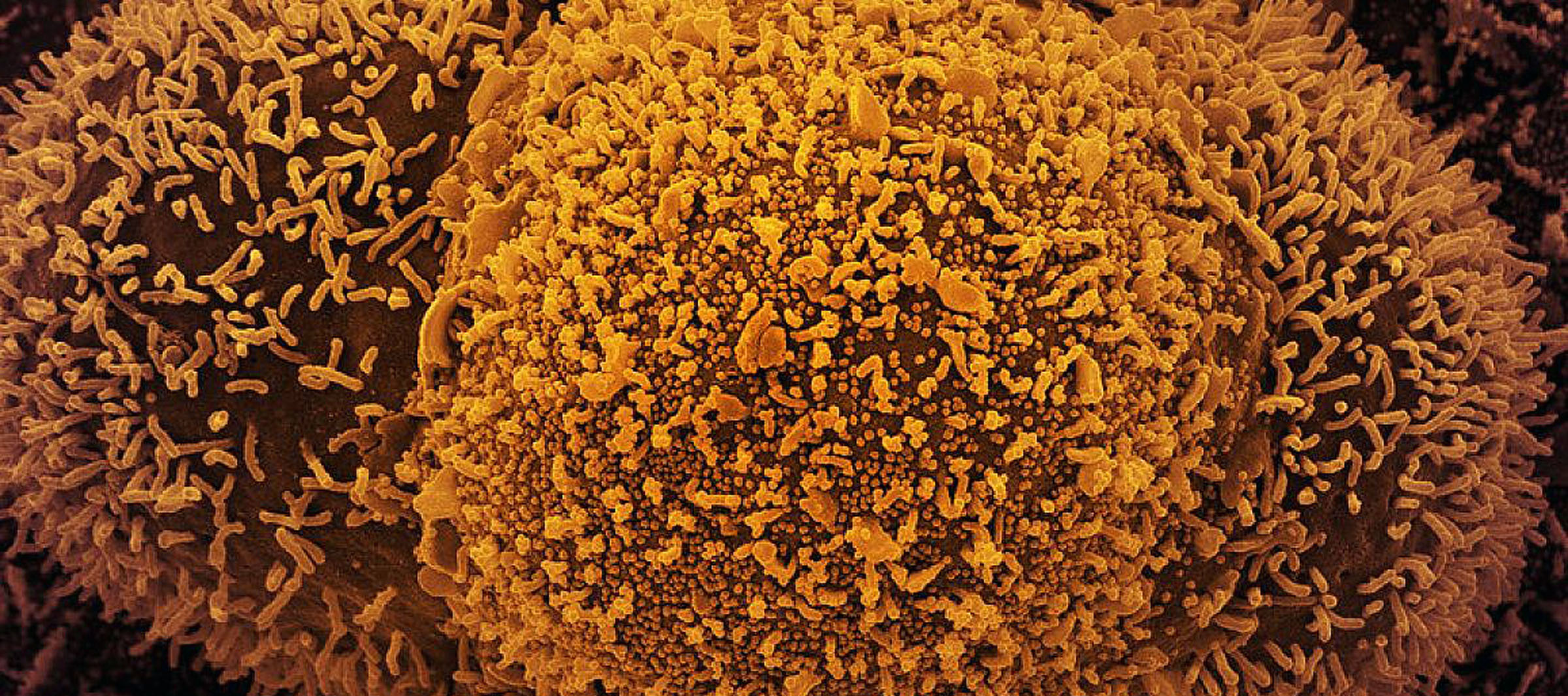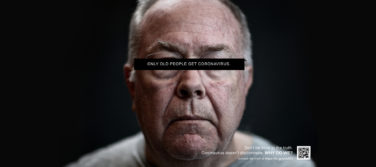AstraZeneca’s Uncertain Role in the U.S. Vax Supply
Having initially committed up to $1.2 billion for the development and production of AstraZeneca’s shot in 2020, the company has yet to file for the FDA’s Emergency Use Authorization. Production of their shot in Baltimore ceased recently, however, the company is in talks with the U.S. government to move COVID-19 vaccine production from Emergent BioSolutions’ Baltimore facility to a Maryland plant run by AZ’s partner Catalent, according to the New York Times. As at the previous plant, 25 to 35 billion doses could be produced every month for the feds, but it is still unclear when AstraZeneca will apply for approval and start production. Federal officials are interested in using the company’s vaccine supply for potential booster shots if they are deemed necessary.
Biden Donates Vaccines Worldwide
The Biden administration pledged to donate 80 million doses of COVID-19 vaccines by the end of June. Most of the first 25 million doses will be shared with the global vaccination program called COVID-19 Vaccines Global Access (COVAX) while 25% of the 80 million will be shared directly with countries in need. The administration is “vastly increasing supply for the rest of the world in a way that also creates jobs here at home,” according to White House COVID-19 response coordinator Jeff Zients’ briefing. The U.S. is working with partner nations, pharmaceutical companies, and other manufacturers to increase global vaccine manufacturing and production capacity, pledging more than five times as many donated doses as any other country. The country is able to do this because the administration states there will be enough COVID-19 vaccine supply for every American adult by the end of June and has set a goal of having 70% of U.S. adults vaccinated by July 4.
The overall distribution plan calls for approximately six million doses to be sent to South and Central America, including Brazil, Argentina, Colombia, Costa Rica, Peru, Ecuador, Paraguay, Bolivia, Guatemala, El Salvador, Honduras, Panama, Haiti, and other Caribbean Community countries, as well as the Dominican Republic. Another seven million will go to Asia to be distributed in India, Nepal, Bangladesh, Pakistan, Sri Lanka, Afghanistan, Maldives, Malaysia, Philippines, Vietnam, Indonesia, Thailand, Laos, Papua New Guinea, and five million to Africa. In the first round, six million doses will be given to United Nation frontline workers in Mexico, Canada, the Republic of Korea, West Bank and Gaza, Ukraine, Kosovo, Haiti, Georgia, Egypt, Jordan, Iraq, and Yemen.
NIH Finds Potential Antiviral COVID Drug
The experimental, oral drug TEMPOL may be an effective antiviral medication to combat COVID-19, according to NIH researchers. The drug can limit SARS-CoV-2 infection by impairing the activity of a viral enzyme RNA replicase, which allows the virus to make copies of itself in a cell. TEMPOL can degrade iron-sulfur clusters, a molecular structure that the researchers just discovered to be crucial to the SARS-CoV-2 RNA replicase. “Given TEMPOL’s safety profile and the dosage considered therapeutic in our study, we are hopeful,” stated Tracey A. Rouault, MD, head of the NICHD Section on Human Iron Metabolism. “However, clinical studies are needed to determine if the drug is effective in patients, particularly early in the disease course when the virus begins to replicate.”








